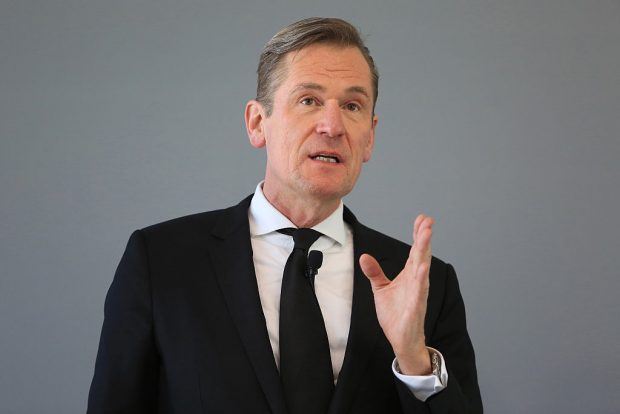Mathias Döpfner, the extremely tall, extremely intelligent head of Axel Springer, is unusual in the generally conformist German business elite because he is not an unqualified believer in the German economic model. I have known him slightly for about 20 years and have always been interested by his questing, speculative mind. We have had conversations about the freer, Anglosphere model of economic life which he admires. Although he is not anti-EU — that is still almost against the law in Germany — he is sceptical of its direction. Now he has blasphemed in the EU’s main church in Britain — the Financial Times — by telling the paper that within three to five years he would expect Britain, as a result of Brexit, to be better off than its former EU partners. He fastens in particular on the relation between welfare and immigration. A country free to choose the entrants it wants, rather than being forced to admit entrants with automatic welfare rights, gains a huge advantage. A country like Germany, committed by the ‘transfer union’ to huge payments to poorer member states, eventually makes itself less appealing to outside investors. As one contemplates the effects of Mrs Merkel’s decision to admit a million migrants in a year, and studies the share price of Deutsche Bank, one wonders if Dr Döpfner’s prediction will come true even sooner than he thinks.
This is an extract from Charles Moore’s notes, which first appeared in this week’s Spectator.







Comments